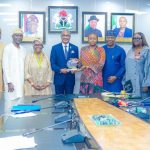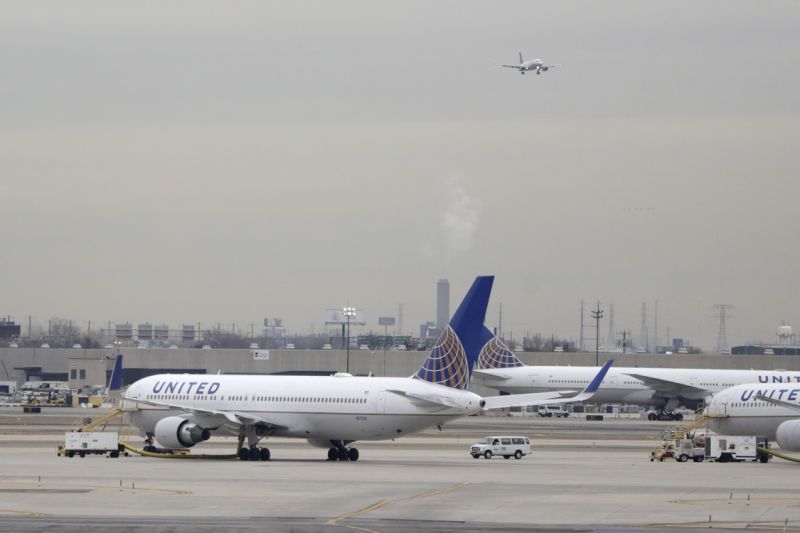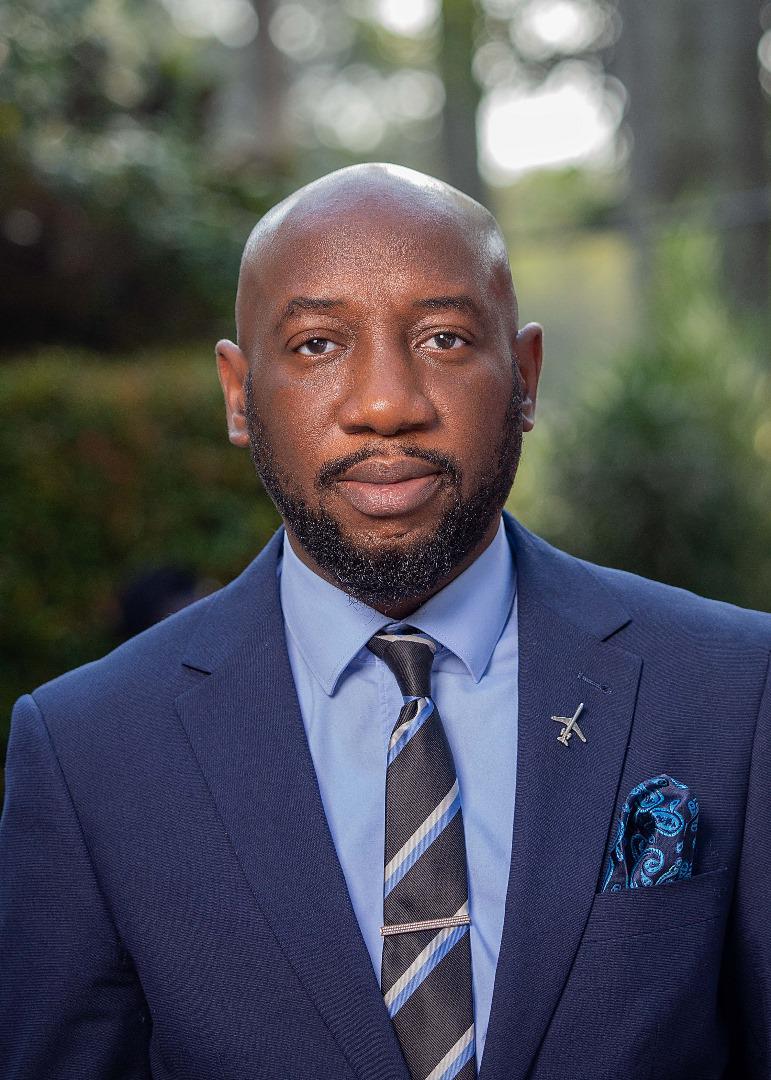
Airline operators have disclosed that Nigerian Customs Service (NCS) generates over $1 billion (N1.6 trillion) annually from levies and taxes imposed on importation of aircraft and aircraft spares, despite the zero waiver given to the airlines, as contained in the Finance Act of 2020.
Airlines that made the disclosure, said they paid 1.5 per cent, which includes 1 per cent ECOWAS Trade Liberalisation Scheme (ETLS) and 0.5 per cent Comprehensive Imports Supervision Scheme (CISS), which amounts to over $1 billion annually. They said Customs insisted that the levies and taxes were obligatory charges on spares and aircraft, and not part of the surcharges waived for the airlines,
They however said the levies and taxes have increased the cost of aircraft and spares, and have caused delivery delays, “because when the spares arrive in the country, they would not be delivered to the airlines until the taxes and levies were paid.”
The operators complained that they have lost huge revenues as a result of the delays, insisting that the payments they make to Customs erode whatever profits they could generate from the business.
According to them, the costs are reflected in the tickets, which makes travelers pay more, adding that the taxes are a disincentive to aircraft acquisition, considering the low operational capital at the behest of most airline operators.
They complained of high operational cost, which they attributed to Customs’ taxes, high insurance premium, charges from aviation agencies and high cost of aviation fuel.
In 2021, the Nigeria Customs Service explained that airlines registered in Nigeria and providing commercial air transport services were entitled to duty-free importation of their aircraft, engines, spare parts and components, purchased or leased, but explained that Section 39 of the Second Schedule of the Finance Act as amended, did not grant concession on ECOWAS Trade Liberalisation Scheme (ETLS) and Comprehensive Imports Supervision Scheme (CISS).
According to NCS, the Act has already granted exemptions to Customs duty and VAT only, making it mandatory to pay appropriate charges on ETLS and CISS for all importations.
This has been the butt of controversy since 2021, as airlines who contested these payments insisted that waivers granted them by the federal government under the Buhari’s administration ought to be total, insisting that ETLS ought to be waived for all the ECOWAS member countries because it is inhibiting growth of the aviation industry in these nations.
Speaking, President and CEO of Topbrass Aviation Limited, Captain Roland Iyayi, told THISDAY that ideally airlines were not supposed to pay any type of customs duty after the waiver on aircraft and spares was passed into law, “but it is unfortunate that airlines are still paying some kind of duties, noting that airlines are known for their very low profit margins.”
Iyayi further told THISDAY that when the Minister of Aviation and Aerospace Development, Festus Keyamo was appointed, he was surprised at the taxes and duties that airlines were paying despite the waiver, which he said, prompted the minister of aviation and his finance counterpart to meet and agreed that the request could be put in the 2024 Finance Act. He however said the action was not taken immediately and the plan had to be deferred.
Iyayi is hoping that the issue will be pushed for the 2025 Finance Act, if the two Ministers meet and deliberate over the matter.
“Nigerian airlines still pay taxes and levies to the Nigerian Customs Service despite the zero waiver given to them, which was passed into law. They still pay CISS and ELTS. When he was appointed, the Minister of Aviation and AON had a very good meeting. The taxes were part of the issues we tabled to him. We also offered solution to it by recommending that he should meet with his Finance counterpart, because Customs is under the Ministry of Finance, so that they will deliberate over it and put it into the Finance Act of 2024, but this was delayed and this year is gone. We hope that it will be presented in the Finance Act of 2025.
“As far as we know, zero waiver means that we don’t have to pay anything. No payment should be expected from the airlines for aircraft acquisition and aircraft spares, but Customs insisted on the payment of CISS and ELTS,” Iyayi said.
Also, the Managing Director of Aero Contractors, Captain Ado Sanusi, told THISDAY that airlines have been working on the removal of the remaining taxes, recalling that the President and Vice President of Airline Operators of Nigeria (AON) have worked very hard to see that the waiver covered the totality of all charges, but so far the airlines still pay the remaining charges.

“The problem is the different interpretations of the policy at the implementation level. Custom said the waiver did not include CISS and ETLS, but we should ensure that ETLS is waived in all the ECOWAS countries, as it was done in Europe. Aviation is not growing in West Africa because of high cost of operation. There are too many taxes and we are taking the campaign to the next level.
“There ought to be a meeting between the Ministers of Aviation and Finance so that these issues would be brought to the table and addressed. These costs hamper the survivability of the airlines. If I bring an engine which I bought at very high cost, they will delay the engine until I pay the taxes, if I don’t have the money to pay immediately. This means that the aircraft will be on the ground, and it will not be generating any money, which is a huge loss to the airline. So, this affects the survivability of the airline and these taxes are reflected on the cost of ticket,” Sanusi explained.
He also told THISDAY how his company bought boarding passes and bag tags but did not have anyone that could print them in Nigeria because of the complex security features, noting that if they were taken overseas and printed, the NCS would still levy taxes on them when they are brought back to the country.
According to him, Customs needs to have serious meeting with airlines so that spares, aircraft and other materials related with aircraft would be identified and added to the items for zero waiver.






